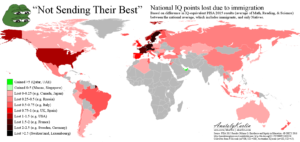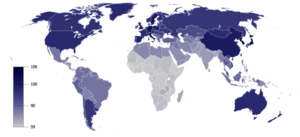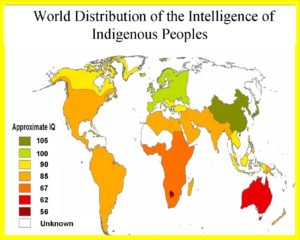Dan Goldstein is a Brooklyn attorney who reportedly yelled at Ivanka Trump on a JetBlue flight from New York to Palm Beach on December 22. He ended up getting kicked off the flight, which was delayed because of his behavior. His husband, Matthew Lasner, tweeted about the incident, but later deleted his messages and then his entire Twitter page.
JetBlue issued a statement, confirming that passengers were removed from the flight and given another flight to reach their destination. ABC News reports that the flight was delayed.
Here’s what we know so far about the incident and a look at Goldstein’s career.
Ivanka was traveling to Florida with her three children and husband Jared Kushner on a commercial flight and sat in coach with the other passengers. TMZ reports that Goldstein yelled at her, “Your father is ruining this country.”
Goldstein, who was carrying his son, then yelled, “Why is she on our flight. She should be flying private.”
JetBlue flight attendants overheard the incident and removed Goldstein, Lasner and their son from the flight. “You’re kicking me off for expressing my opinion?” Goldstein yelled, according to a passenger who spoke with TMZ.
An hour before the flight was supposed to take off, Lasner tweeted that Goldstein was “chasing” Ivanka and Kushener “down to harass them,” adding “#banalityofevil.”
However, in his next tweet, Lasner changed his story. “My husband expressed displeasure in a calm tone, JetBlue staff overheard, and they kicked us off the plane,” Lasner wrote…
Goldstein’s Husband, Matthew Lasner, Is a Published Professor at Hunter College
Here is professor @mattlasner's deleted tweet regarding the harassment of Ivanka Trump and her children on JetBlue @Hunter_College pic.twitter.com/FGG5DUaQk8
— Mark Dice (@MarkDice) December 22, 2016
Does @Hunter_College support their employee attacking a peaceful Jewish woman and her children during the holidays? Is it a Neo-Nazi school? https://t.co/zyVsv8raay
— RAMZPAUL (@ramzpaul) December 22, 2016



